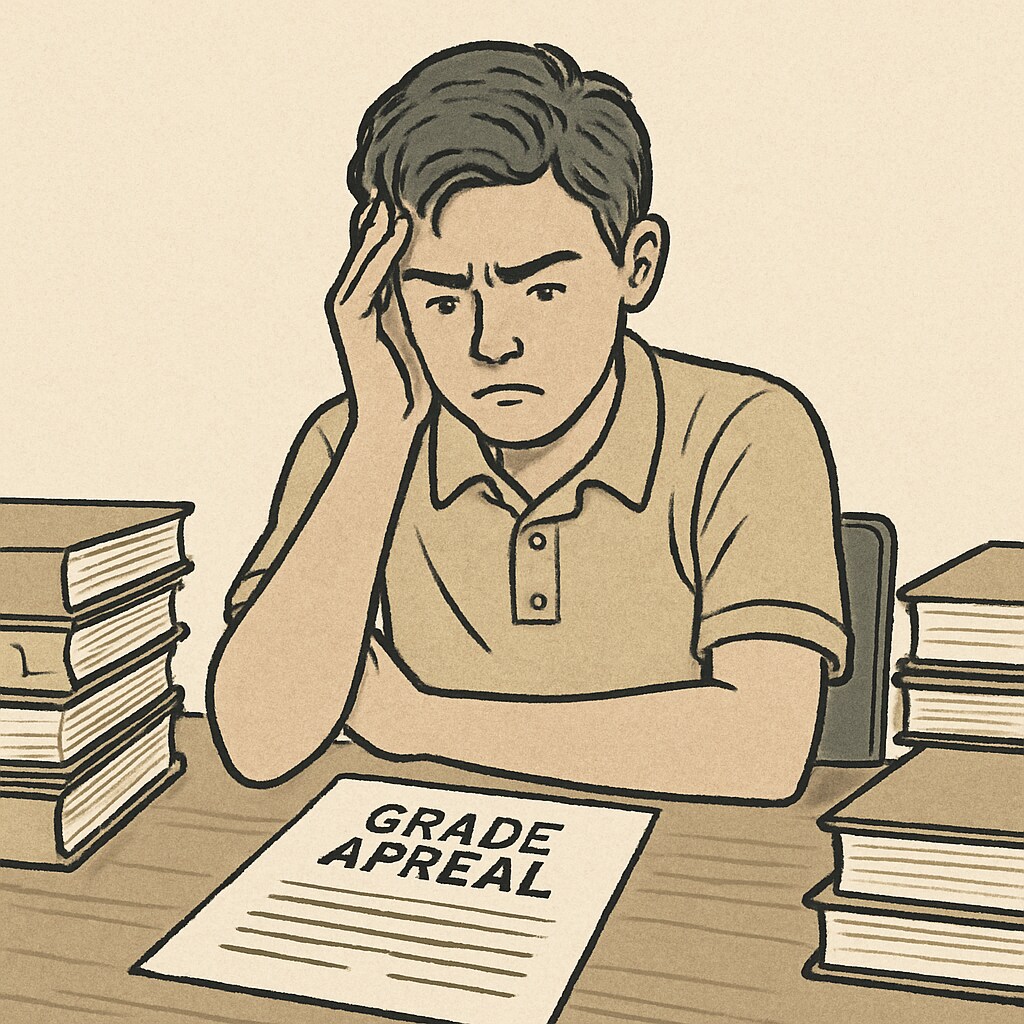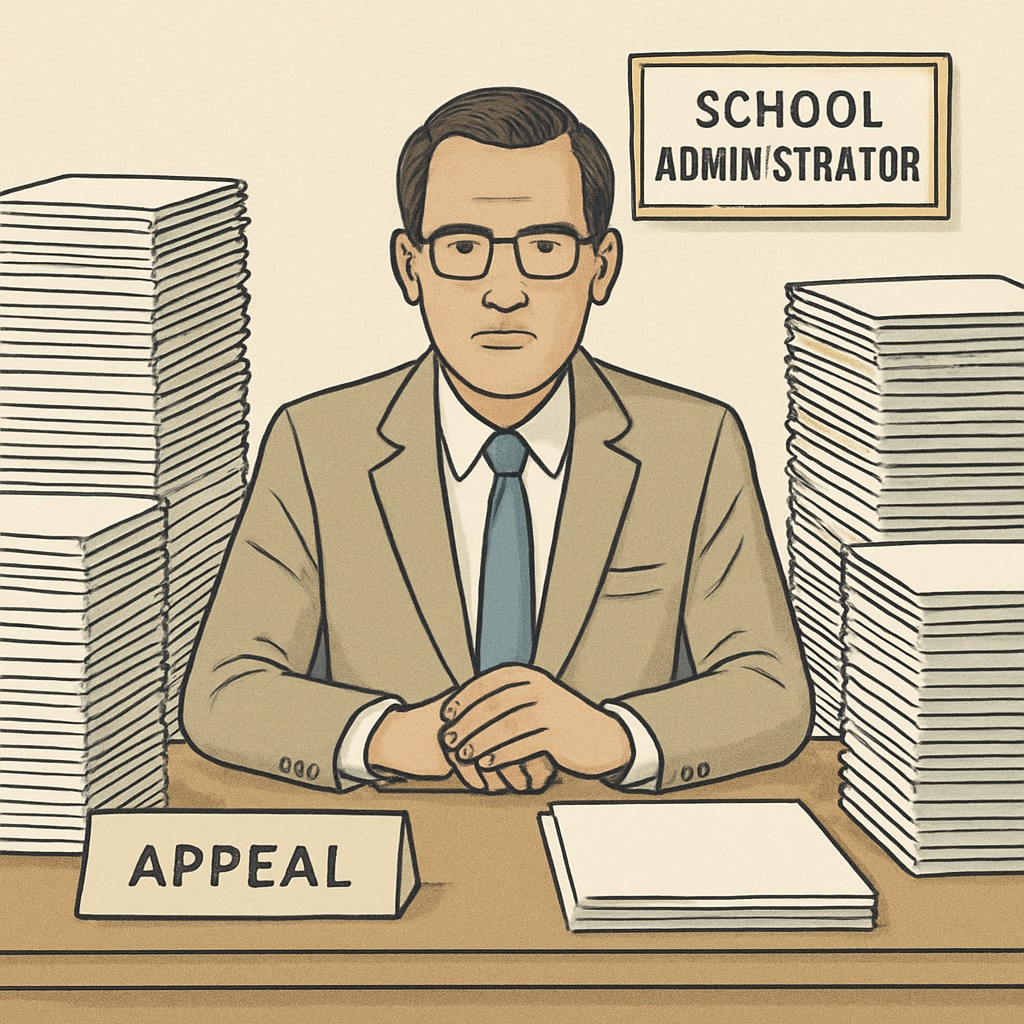The story of a high school student’s AP Physics C grade appeal reveals the harsh realities of systemic flaws in educational institutions. In this case, teacher errors skewed the student’s academic evaluation, and the subsequent appeal process was riddled with bureaucratic obstacles. Despite expert support for the student’s claim, the district’s refusal to acknowledge accountability left fairness and integrity compromised. This situation underscores the urgent need for reform in K12 education systems.
Unraveling the Teacher Errors That Sparked the Appeal
AP Physics C is one of the most challenging courses offered in high schools, requiring both technical expertise and a strong foundation in mathematics. Unfortunately, in this case, the teacher’s lack of preparation and inadequate grading methods led to blatant mistakes in evaluating students’ work. For example, the student reported instances of incorrect answer keys being used during exams and inconsistent grading rubrics. These errors directly impacted the student’s final grade, putting their academic future at risk.
Despite these clear mistakes, the teacher and school administration initially dismissed the student’s concerns. However, after consulting independent experts—such as other physics educators and tutors—the student gathered evidence that validated their complaints. Armed with this proof, the student submitted a formal grade appeal to both the school and the district.

The Bureaucratic Maze of the Grade Appeal Process
Once the appeal was submitted, the student faced a labyrinth of procedural delays and bureaucratic indifference. Appeals in education are supposed to provide a pathway for students to challenge unfair evaluations, but in practice, they often serve as barriers rather than solutions. In this case, the district required extensive documentation and insisted on multiple rounds of reviews—each taking weeks to process.
Key issues emerged during the appeal process:
- Lack of Transparency: The student was not informed about the criteria the school or district used to review appeals.
- Conflict of Interest: The teacher responsible for the errors was involved in the review process, raising ethical concerns.
- Delayed Responses: The district took months to respond to formal inquiries, leaving the student in academic limbo.
These obstacles not only prolonged the resolution but also amplified the emotional toll on the student. As a result, the appeal process seemed less about justice and more about protecting institutional interests.

Lessons from the Student’s Struggle for Accountability
Ultimately, the student’s appeal was denied by the district, despite substantial evidence supporting their claims. This outcome highlights a troubling trend: the lack of accountability in educational systems when it comes to addressing teacher errors and systemic failures. If institutions refuse to acknowledge their mistakes, students are left powerless, undermining the very principles of fairness and integrity that education is supposed to uphold.
Several lessons can be drawn from this case:
- Streamlined Processes: Education systems must simplify the appeal process to ensure timely resolutions.
- Independent Oversight: Appeals should be reviewed by neutral third parties to avoid conflicts of interest.
- Training for Educators: Teachers need better training in grading consistency and subject expertise to prevent errors.
As a result of these systemic flaws, students like the one in this story face undue hardship and frustration. Reforming these processes is essential to ensure that fairness and accountability become standard practices in education.
For more information on education reform, visit Education Reform on Wikipedia or explore Education Systems on Britannica.
Readability guidance: Short paragraphs and bullet lists improve clarity. Overuse of jargon is avoided, with technical terms briefly explained. Transition words like “however” and “in addition” help connect ideas smoothly.


